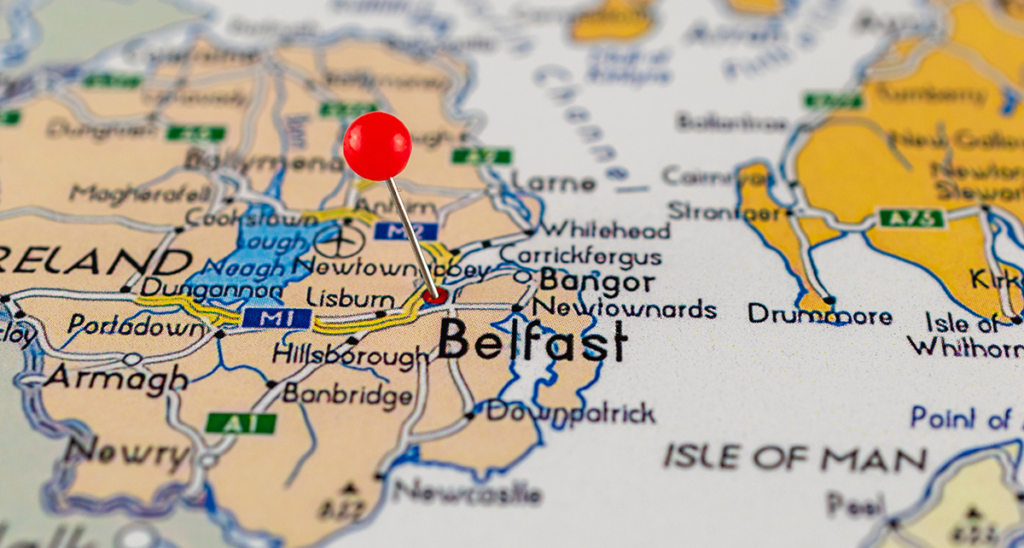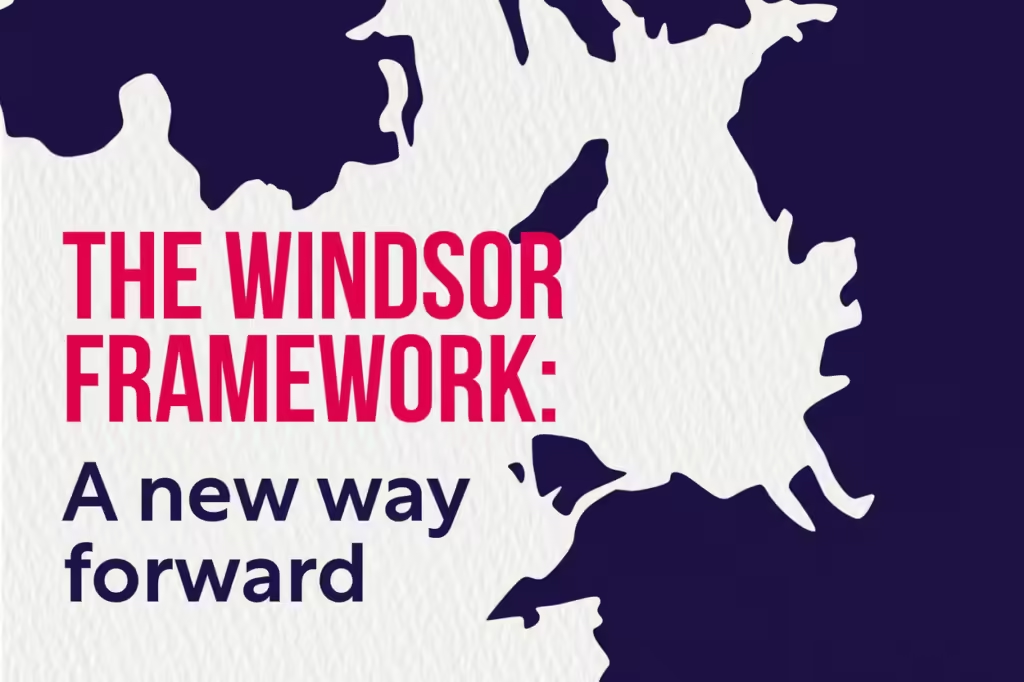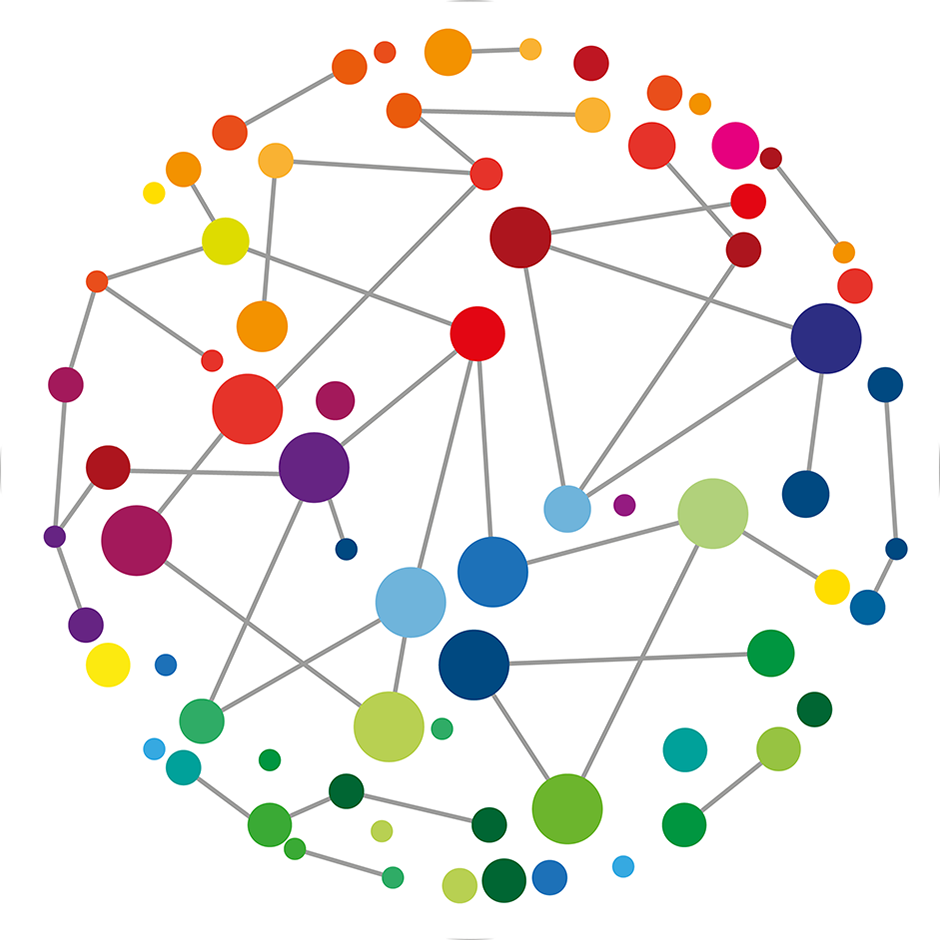Windsor Framework For Northern Ireland – What You Need To Know

The Windsor Framework: Transforming Northern Ireland Freight and Parcel Delivery
Updated Schedule Announced
The UK Government has today announced that the new arrangements under the Windsor Framework for parcels and freight movements into – envisaged to come into effect from 30 September 2024 – will now not take effect on this date.
This is to allow further time for the changes to systems required of border teams, shippers and retailers, given the period of peak parcel traffic over the next few months and leading up to Christmas.
Further details are expected on the revised timeline but businesses are now being asked to be fully prepared for the changes by 31 March 2025.
Further information can be found on GOV.UK.
The Windsor Framework, a landmark deal between the UK Government and the EU, is set to revolutionise freight and parcel movements between Great Britain and Northern Ireland. This comprehensive framework, taking effect from September 30, 2024, introduces significant changes to customs procedures and streamlines the flow of goods across the Irish Sea.
Key Changes for Northern Ireland Freight
Under the Windsor Framework, the movement of freight and parcels to Northern Ireland will be categorised into two main streams:
- Consumer-Related Movements:
- Business to Consumer (B2C)
- Consumer to Business (C2B)
- Consumer to Consumer (C2C)
- Business to Business (B2B) Movements
Consumer Freight
For consumer-related movements, the new framework eliminates the need for customs declarations, tariffs, or presentation of goods to customs authorities. This significant simplification applies to parcels sent directly from Great Britain to private individuals in Northern Ireland for personal use.
Business to Business Northern Ireland Freight
The B2B sector will see the introduction of a “green and red lane” process, aligning with the broader freight movement system. To utilise the green lane and its associated benefits, businesses must be authorised under the new UK Internal Market Scheme (UKIMS).
Green Lane Benefits for Northern Ireland Freight:
- Ability to declare goods as ‘not at risk’
- No duty payments required
- Reduced data requirements
Red Lane Goods
For goods not eligible for the green lane, such as those destined for onward sale in the EU, full customs declarations will be necessary.
Authorised Carriers: The Backbone of the Windsor Framework
A crucial element of the new system is the concept of “authorised carriers.” These entities will play a pivotal role in facilitating the smooth movement of consumer parcels without the need for international customs requirements.
To become an authorised carrier under the new framework, companies must:
- Be established in the UK
- Have a clean record of regulatory compliance
- Demonstrate high-level control of operations
- Meet specific obligations set by HMRC
Obligations of Authorised Carriers:
- Determine the nature of parcel movements (B2C, C2B, C2C)
- Collect and provide data to HMRC
- Collaborate with authorities to prevent smuggling
Data Requirements and Reporting
The Framework introduces new data reporting requirements for parcel movements:
C2C Movements:
Basic information such as sender and recipient details, delivery date, and parcel contents
B2C/C2B Movements:
More comprehensive data including parcel tracking numbers, commodity codes, and transport document references
Implementation Timeline
While the new regulations take full effect on September 30, 2024, businesses are encouraged to prepare in advance:
- October 2023: Expected start of engagement with B2B parcel movers
- Pre-September 2024: Authorisation process for carriers to be launched
The Windsor Framework marks a significant milestone in simplifying Northern Ireland freight and parcel movements. By introducing streamlined processes for consumer-related shipments and a clear green/red lane system for B2B freight, the agreement aims to reduce trade friction while maintaining necessary controls.
For businesses involved in Northern Ireland freight, early preparation and understanding of the new systems will be crucial. As the implementation date approaches, staying informed about UKIMS authorisation processes and data reporting requirements will ensure a smooth transition to the new era of UK-NI trade under the Windsor Framework.
The UK Government resources regarding the Windsor Framework can be found here.
Feel free to contact our expert team to discuss how these changes might impact your business.



